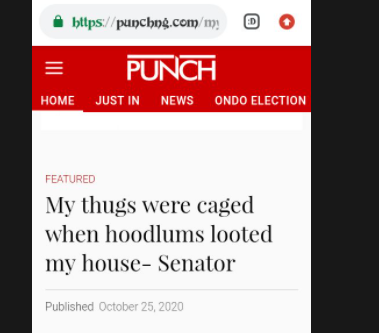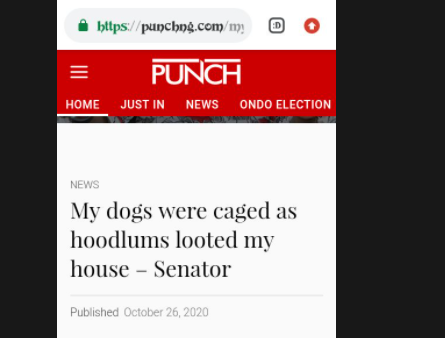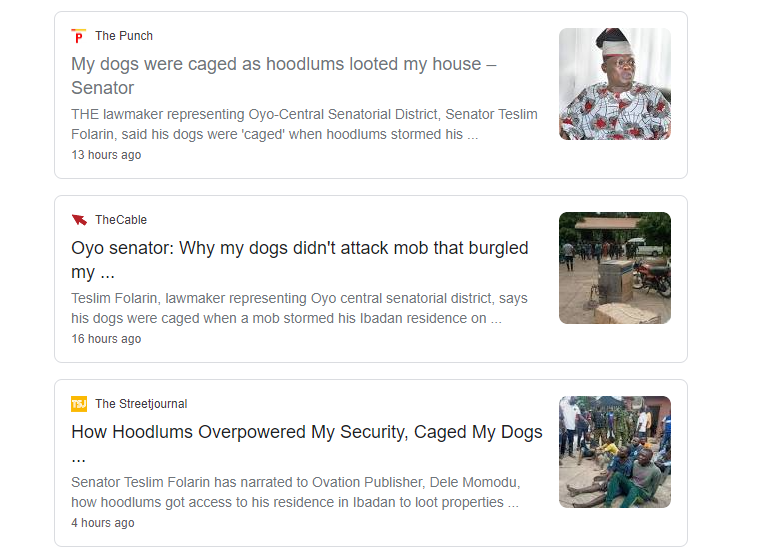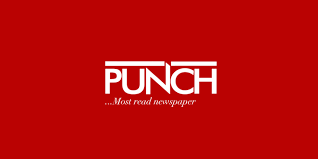
The usual statement is that media are the fourth after judiciary in a society. As the fourth estate of the realm, media establishments through their employees such as reporters, editors among others are expected to set agendas for the public and the leaders. They are also expected to frame and prime issues for the public towards inclusive sustainable decision making.
In spite of the goodness expected from the media organisations and their employees, across the world, countries are bleeding due to misinformation, disinformation and propaganda from the fourth estate of the realm. On several occasions, scholars and public affairs analysts have argued that the media through fake information are contributing to socioeconomic and political tensions. This has led to lack of trust in the media contents in the last few years.
As people and government at state and federal levels continue counting losses of the post-Lekki tollgate shooting, The Punch newspaper through its two conflicting reports about the invasion of Senator Teslim Folarin’s home by the hoodlums and looters in Ibadan has made public to realise once again that not every news should be considered as true. Framing of the same event with different headline [inclusion of thugs and dogs] resonates with the recent thesis advanced by Paul H. Weaver, a former political scientist (at Harvard University), journalist (at Fortune magazine), and corporate communications executive (at Ford Motor Company), in his provocative analysis entitled News and the Culture of Lying: How Journalism Really Works.
Register for Tekedia Mini-MBA edition 19 (Feb 9 – May 2, 2026): big discounts for early bird.
Tekedia AI in Business Masterclass opens registrations.
Join Tekedia Capital Syndicate and co-invest in great global startups.
Register for Tekedia AI Lab: From Technical Design to Deployment (next edition begins Jan 24 2026).
As captured by the Harvard Business Review, “Journalists need crises to dramatize news, and government officials need to appear to be responding to crises. Too often, the crises are not really crises, but joint fabrications. The two institutions have become so ensnared in a symbiotic web of lies that the news media are unable to tell the public what is true and the government is unable to govern effectively.”
Exhibit 2: Public Interest in Folarin versus Thuggery Frame
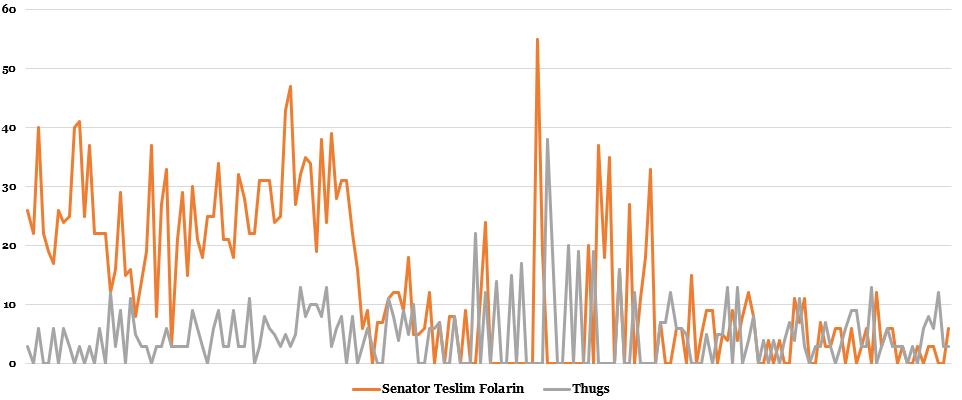
The action of The Punch newspaper is not only a weak journalism practice that increases tension during crises. It is also capable of creating crisis among readers. For instance, it took me minutes to convince my neighbour that I had earlier read a version of the event from The Punch newspapers with ‘thugs’ as part of the headline.
Though, there is a strong difference between the use of thugs in the headline and public interest in Senator Teslim Folarin (from 25 and 26, October, 2020), analysis indicates The Punch succeeded in increasing public interest in dogs and thugs than him. Despite this, the first headline with ‘thugs’ is dangerous for the peaceful coexistence in Ibadan and Nigeria in general considering the current tension in the country.
